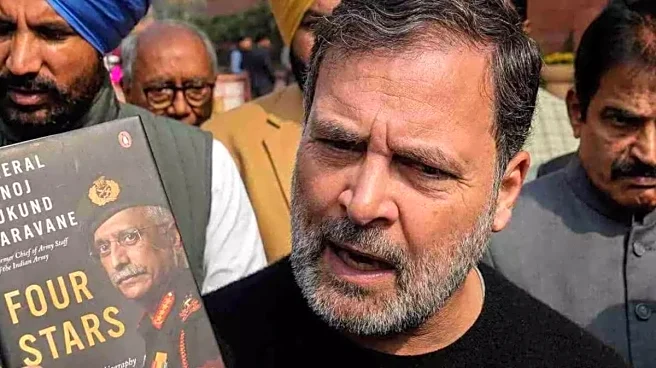Damani mentioned that government capital expenditure is currently driving the boom in India, a trend that has persisted over the last four years.
"State capitalism has become an important driver of things around the world," he said, pointing out that PSUs will benefit from targeted government investments, especially in shipbuilding and rare earth exploration.
On infrastructure, Damani spoke about ongoing and upcoming projects in Delhi and Mumbai, describing opportunities in vertical construction and financing government-led urban development.
He said the government's focus on building Delhi vertically could create huge opportunities in the construction and infrastructure sector.
Damani also expressed optimism about the pharma sector, particularly midcap companies with market capitalisations between ₹5,000-10,000 crore. He cited innovative firms developing vaccines, antibiotics, and proprietary technologies as areas attracting fresh investment.
Despite external uncertainties such as tariff noise, he said India's economy remains resilient, with domestic strength cushioning global shocks. "Corporate India is holding steady, investors aren't panicking, and India's long-term story is intact," he said.
On equities, Damani remains positive on both Indian and US markets, highlighting potential in sectors like semiconductors, data centres, and network communications.
He also said he doesn't see a top forming in AI themes in the US in the foreseeable future and added that there is still enough liquidity and interest in the market to support growth in these sectors.
The Nifty has begun the Mahurat Trading session on a positive note. The index gained around 80 points to 25,920, with private financials leading the way again, followed by IT stocks.
After making a high of 25,934 on Mahurat Trading day, the Nifty has cooled off from the opening highs. The Nifty is currently trading 21 points higher at 25,862.
/images/ppid_59c68470-image-17610400533771792.webp)

/images/ppid_59c68470-image-177074252945678901.webp)
/images/ppid_59c68470-image-177074263586952695.webp)
/images/ppid_59c68470-image-177074256690378457.webp)
/images/ppid_59c68470-image-177074267570254615.webp)









